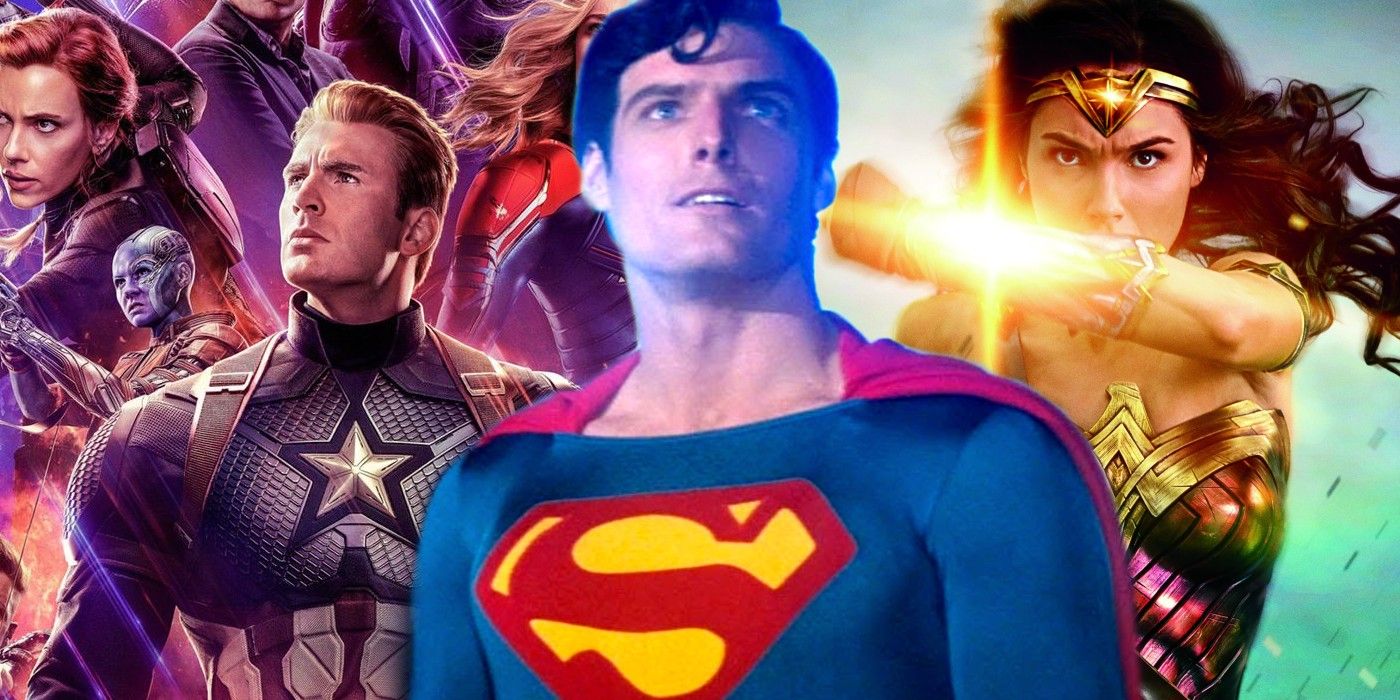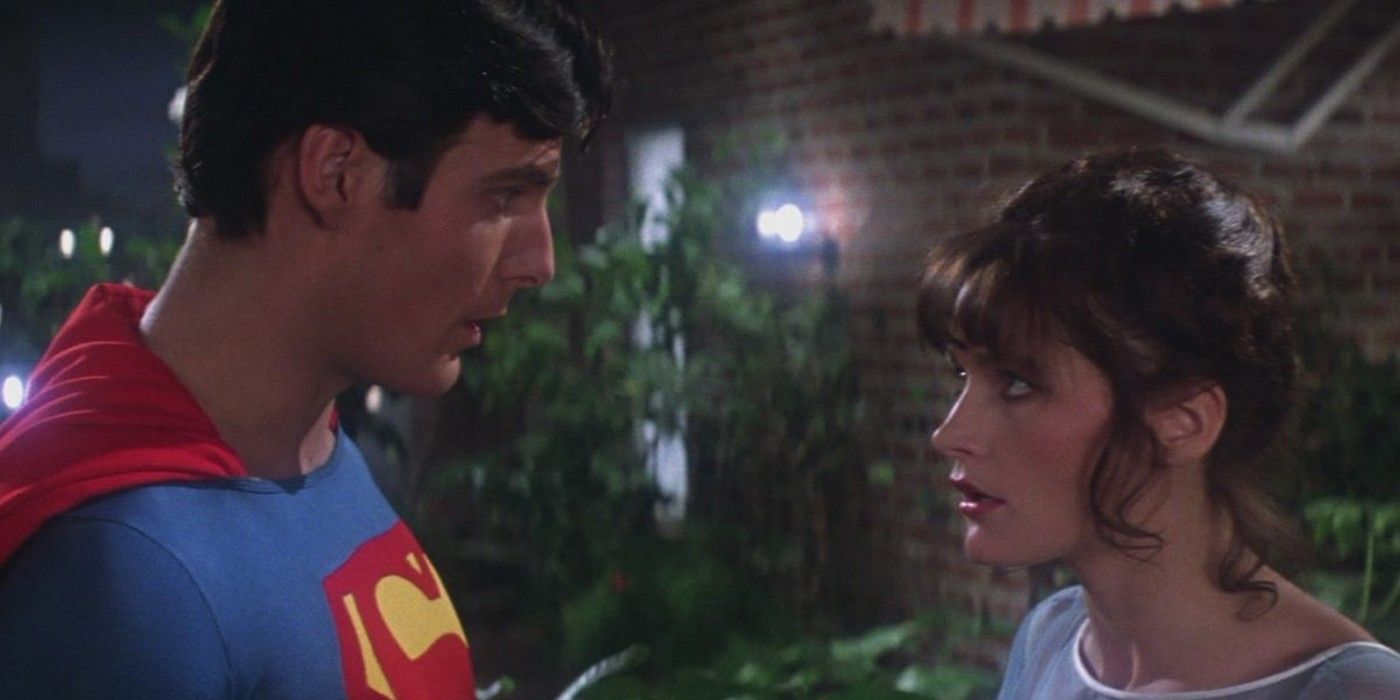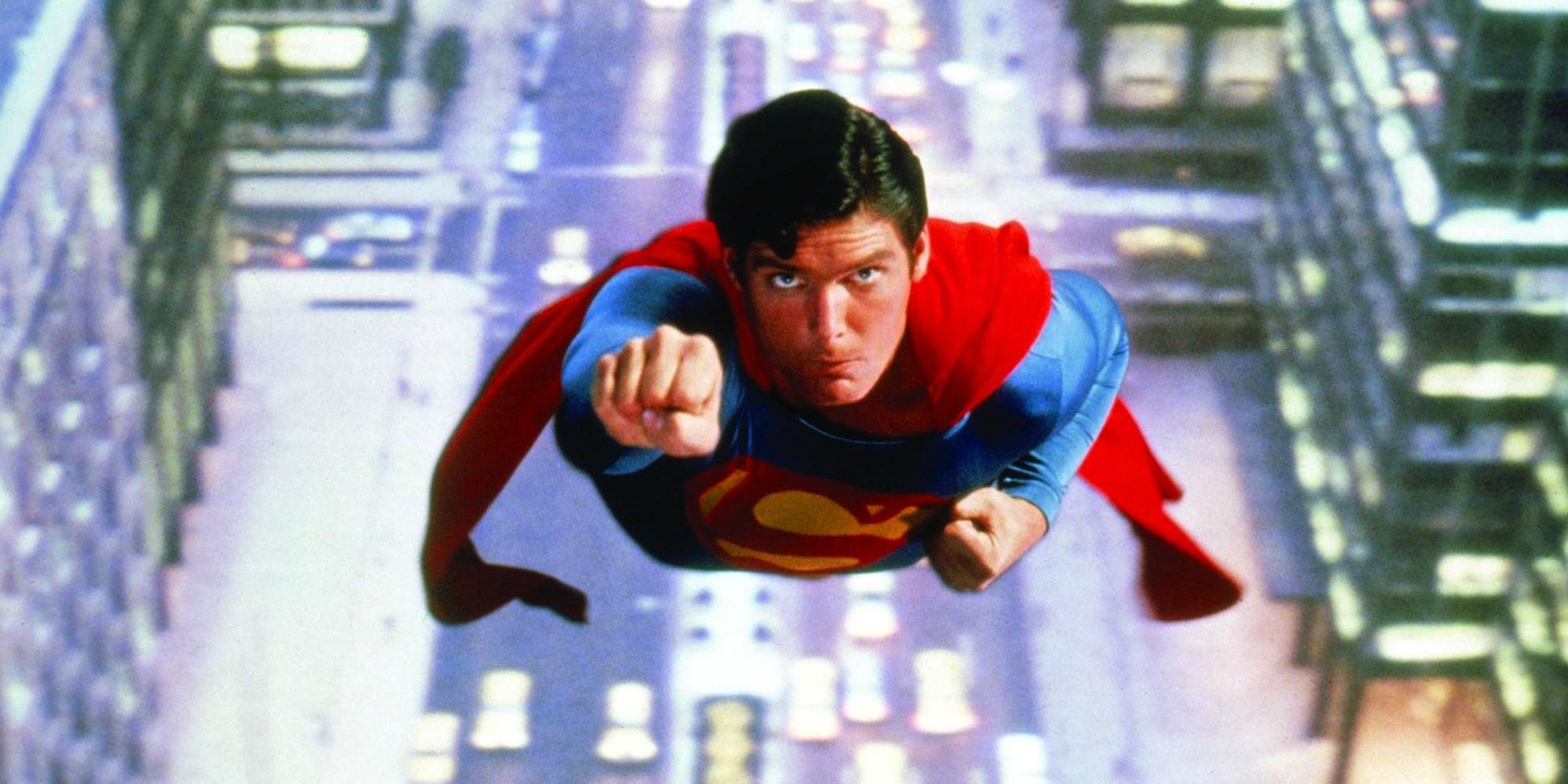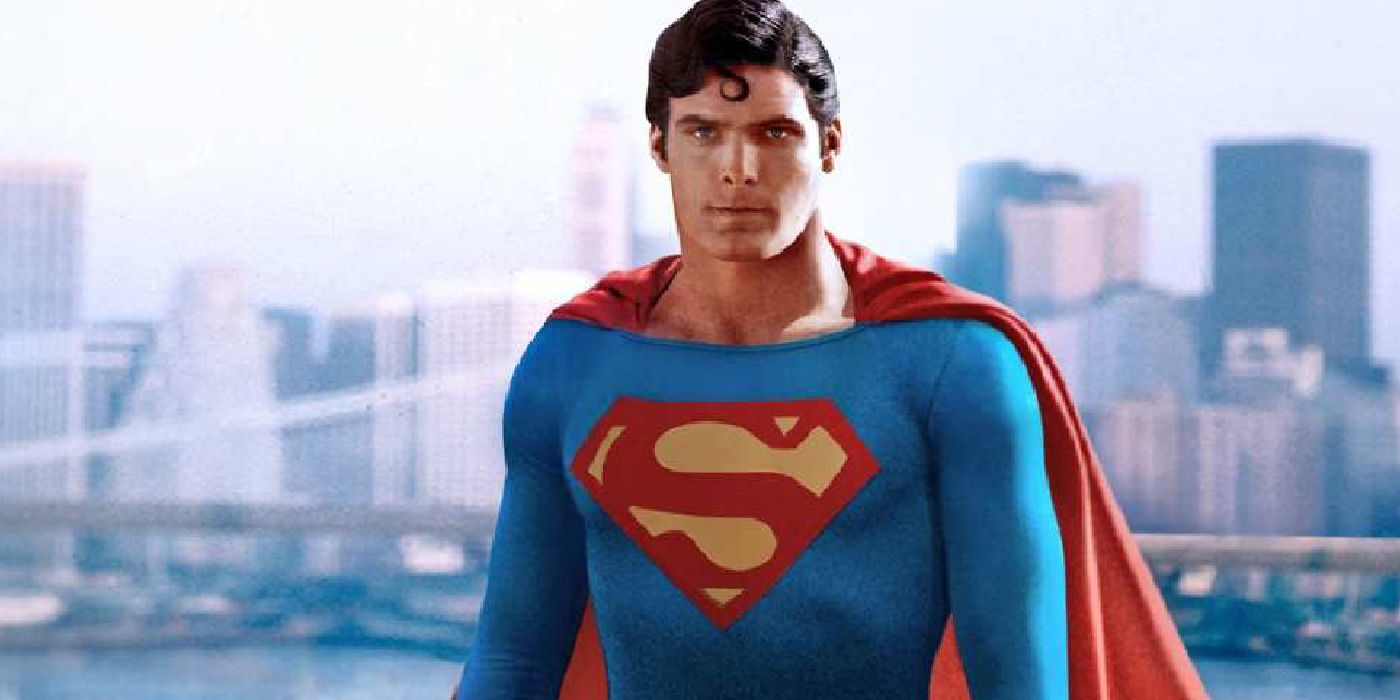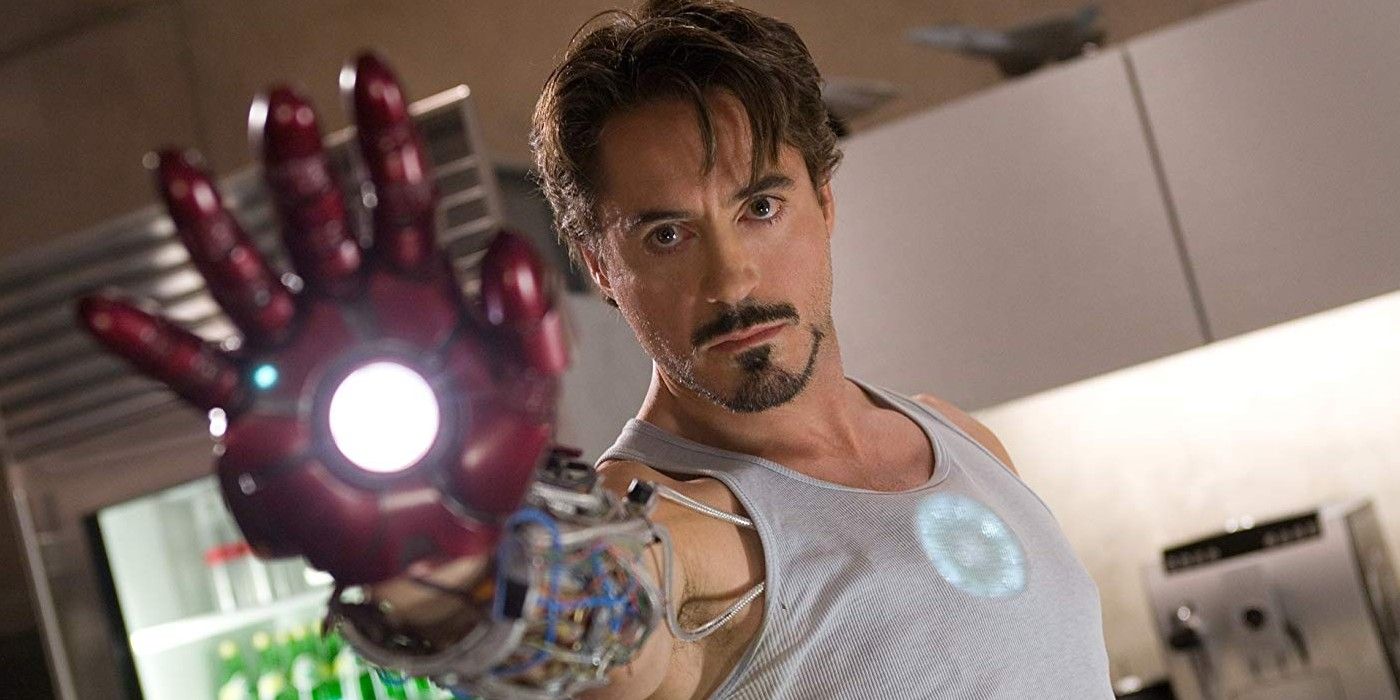Following the sad passing of Superman director Richard Donner, here's why the entire superhero genre in its current form owes the man a great debt. Love them or hate them (and for most people it's the former), superhero movies are bigger than ever, enjoying an ever-increasing presence on Hollywood's blockbuster release slates over the past 20 years. Many thought the genre had peaked with 2019's Avengers: Endgame toppling Avatar to break box office records, but as Marvel and DC line up a string of exciting releases, there really is no end in sight.
The current boom began with the wild popularity of 2000's X-Men and 2002's Spider-Man, but these films merely continued the groundwork laid by Tim Burton's Batman movies in 1989 and 1992. But while Burton unquestionably contributed to the modern superhero film formula, Spooky Tim was working from blueprints drawn up by Richard Donner in 1978 with Superman - when the superhero movie as we know it was truly born.
On July 5, 2021, Richard Donner passed away at the age of 91. The wave of praise and adulation from figures throughout the industry serves as testament to Donner's body of work, and with The Omen, The Goonies and Lethal Weapon among his biggest hits, the director's legacy extends far beyond the superhero genre. Nevertheless, the influence of 1978's Superman upon the current landscape of caped cinematic vigilantes is difficult to overstate.
Superman 1978 Proved Heroes Had Dramatic Potential
Richard Donner's Superman certainly wasn't the first occasion a comic book superhero made the leap over tall buildings and into live-action. By that point, Adam West had already brought Batman to life, while George Reeves played Supes in the 1950s Adventures of Superman TV series. Characters such as Spider-Man, Captain America and Shazam (then Captain Marvel) also starred in lesser-known productions between the 1940s and 1960s. Even though movie and TV producers were quick to recognize the value of comic book characters, all depictions mentioned above shared two traits in common. First, they played fast and loose with their source material, taking the broadest possible strokes from Marvel and DC to tell original, purpose-built stories. Adventures of Superman, for example, infamously ignored each of Clark Kent's iconic foes - even Lex Luthor. Secondly, these productions were invariably pulpy, comedic, and one-dimensional.
While on-screen superheroes were will stuck in the POW, WHACK, and SPLATT of the Golden Age, comic books were becoming increasingly sophisticated between the 1960s and 1970s, with icons such as Stan Lee and Jack Kirby elevating an oft-maligned medium by championing deeper storytelling, complex characters, and drama that went further than just "save the day, get the girl." With Superman, Richard Donner finally translated that ethos to the big screen, and was helped immeasurably by Christopher Reeve, perfectly cast in the title role.
Donner's Superman captures the character from all angles - the mild-mannered farmer's son, the otherworldly hero, the hopeless romantic. Lois Lane's death pushes Superman to anger, Clark wrestles with his position as a newfound super-celebrity in Metropolis, and watching the Boy of Steel learn about his true heritage takes the audience on an emotional coming of age journey. Before Superman, comic heroes were rarely allowed to become such fully-fledged dramatic protagonists on-screen, and Donner deserves credit for steering the genre in a direction now considered the norm. Before Donner joined, Superman was working from a Mario Puzo script that maintained the camp, wacky tone of past efforts, but it was Donner who decided the existing story was unusable and pushed to "save" Superman with a fresh interpretation of the hero he loved.
Donner Made Us Believe A Man Could Fly
Superman's marketing promised 1970s audiences they would "believe a man could fly" and this iconic tagline highlights both the challenge Richard Donner faced, and why the film is so fondly remembered. Before Donner sent Christopher Reeve hurtling through the skies of Metropolis, live-action comic book characters existed exclusively within cartoonish sitcom-esque worlds that sat apart from reality. Adventures of Superman and the 1960s Batman series both embraced the ridiculousness of their characters' early comic appearances, with the Caped Crusader wielding sharp repellent, and George Reeves' Man of Steel informing schoolchildren about saving stamps.
In 1978, however, Richard Donner did something few before had attempted, but everyone since has emulated - place an extraordinary character within the context of a believable environment. Take away the heat vision and green alien rocks, and Donner's vision of Metropolis is a mostly relatable reflection of our own environment. Making theater audiences believe a man could fly was never just about visual effects (though that was obviously an important obstacle to overcome); the tagline also called for a more grounded tone than any had previously dared try. That's not to lose sight of Christopher Reeve's "reversing time by spinning around the world" antics, nor the lighter tone Donner weaves throughout his Superman adventure, but compared to what came before, superheroes were finally being taken seriously by the mainstream.
Nowadays, this is par for the superhero course, with Marvel and DC both keeping their movie superheroes rooted in some semblance of reality. The likes of Christopher Nolan have taken this approach to its extreme conclusion, but it was Richard Donner who first delivered a Superman fans could believe, not just believe in.
The Perfect Origin Story
Though superhero movies have evolved considerably over the past 50 years, a solid origin story remains as important as ever. A sizable chunk of comic book adaptations serve as origin stories for their lead characters, and even sequels must explain how new villains and fresh allies started out. Despite plenty of practice, even the mighty MCU hasn't always nailed its origin stories, while DC has experienced highs (Batman Begins, Wonder Woman) and lows (Green Lantern, some would argue Man of Steel) in this department. As the art of crafting a perfect superhero origin story continues to prove elusive, it's interesting that the first example remains the best, with Richard Donner's 1978 Superman still the model when it comes to starting a superhero's movie journey.
Resisting the temptation to launch straight into the action, Donner's Superman walks before it runs, guiding the audience through a comic-accurate first chapter. Carrying a 140+ minute runtime, Superman charts the destruction of Krypton and the confusion of a youthful Clark Kent as he starts developing super-strength and X-ray vision while other Smallville boys just get deep voices and chest hair. Then onto the Fortress of Solitude, Marlon Brando's big face, and an eventual transformation into the Superman we know and love a whole 45 minutes later. It's a surprisingly long time before Christopher Reeve dons the tights, and that attention to detail serves the overall presentation of Superman well. In another director's hands, Superman's opening could've easily felt bloated, but Donner keeps the audience hooked with key visuals (teenage Clark running alongside a train) and vital emotional beats (the death of Jonathan Kent).
When Reeve does finally add his natural charm to proceedings, the groundwork has already been laid to get viewers wholly invested in the Man of Steel as he navigates a rocky (but infinitely compelling) introduction to worldwide renown as Metropolis' "Superman."
How Donner Influenced The MCU & DCEU
The influence of Richard Donner's Superman upon the Marvel Cinematic Universe is plain for all to see, especially watching Iron Man or The Avengers. From grounding the comic books, to realizing each superhero as a dramatic, nuanced entity, the MCU still borrows liberally from Richard Donner's playbook, and this fact is not lost upon Kevin Feige. Indeed, it was Donner who gave Feige his start in the industry and, in 2017, Feige revealed precisely how his mentor's philosophy is ingrained within the Marvel Studios DNA. Feige noted that the MCU's creative team will rewatch 1978's Superman before beginning each new project, and also described how Donner's mantra of "verisimilitude" was paramount when Jon Favreau embarked on Iron Man, the MCU's very first feature.
Of course, Donner's legacy can be found within Superman's home team of DC also. Although the DCEU hasn't enjoyed the consistent success of its rival, Petty Jenkins' 2017 Wonder Woman is often considered one of the strongest (for many, the strongest) in the franchise. Though great casting and a period setting were both instrumental to Wonder Woman's success, it surely didn't hurt that Jenkins essentially modernized the Superman formula from 40 years prior. Like Donner before her, Jenkins strikes that fabled blend of feel-good, old-fashioned superhero fun and grounded authenticity. Wonder Woman also utilizes the same broad three-part structure Donner perfected with Superman, following Diana from Themyscira (Krypton), to posing as a civilian in London (young Clark), and finally to her dawn as a superhero in the trenches of World War II, mirroring Christopher Reeve's own gradual transformation.
-
As stated previously, Richard Donner's impact upon the movie world cannot be measured by one single film, nor any one genre. At the same time, no genre owes more to the late director than superhero movies. After dozens of releases over the past 20 years, today's fans may take Superman's template for granted, but it was Donner who first showed the potential of the superhero movie, Donner who first captured the storytelling power of comic books and, most memorably of all, Donner who made us believe a man could fly.

